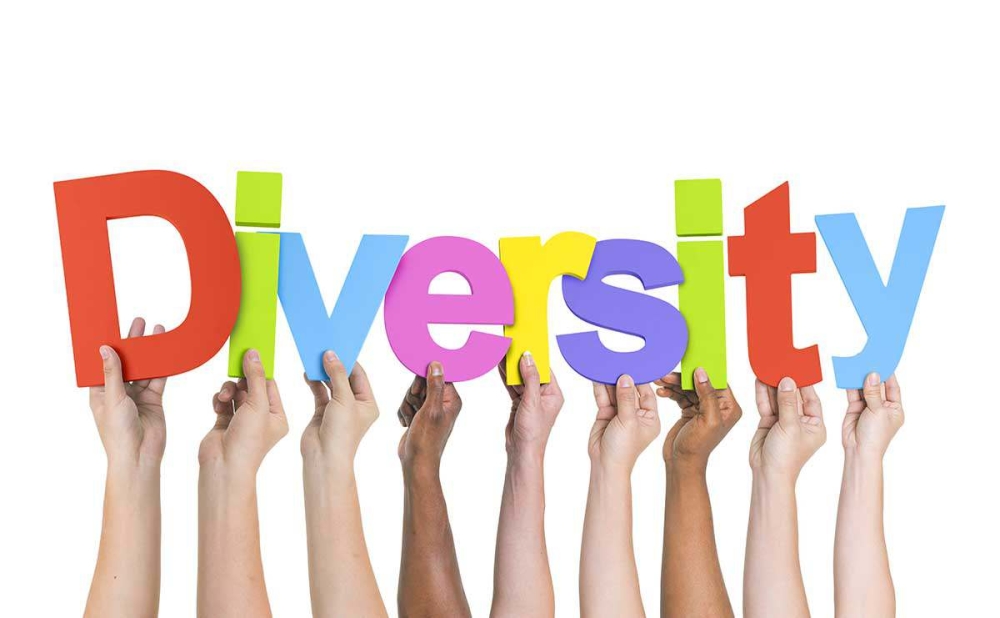Data & Diversity: You can't change what you don't measure
09 Jul 2018

Diversity in the workplace has been high on organisations' agenda over recent years. Often the discussion tends to be dominated by the issue of gender equality: indeed this is the only area of diversity that we seem to have more consistent and reliable data for. However, when it comes to the representation of minority ethnic groups, different social classes or LGBT+ people in the marketing industry, there's almost no data and far less discussion.
The truth is that diversity comes in many shapes and sizes. Consequentially, it is essential to collect and analyse accurate data in order to determine areas of focus to develop an inclusive workplace for all groups. As Sarah Cho, Research Director at SurveyMonkey, said: "Having a way to measure sentiment is key in helping organisations to break down the divide about whether there are still significant obstacles facing racial and ethnic minorities and women, and to understand what is driving those employee experiences".
Moreover, "While a growing number of organisations have committed to analysing and addressing diversity, there is a common misconception that inclusion can't be measured. It can. By measuring key factors like objectivity, voice, and belonging, organisations can get a clear sense of opportunities to build a more inclusive culture" added Joelle Emerson, CEO at Paradigm.
Moving in this direction, SurveyMonkey in partnership with Paradigm Strategy Inc. - leveraging social science research from Stanford University professors Carol Dweck, Greg Walton, and Geoffrey Cohen - have collaborated on a new survey template. The Belonging & Inclusion Template is now available to companies as part of SurveyMonkey's template library to take a data-driven approach to measuring inclusion.
From the answers of over 10,000 American employees, the data highlighted three key areas that impact whether underrepresented groups feel included in the workplace:
- Growth Mindset: The belief that people can evolve and learn. The opposite is a "fixed mindset" where talent is considered critical to success, and where it is either something you have, or something you don't.
- Belonging Uncertainty: The state of wondering whether others will include, value, and respect you.
- Objectivity: The perception that advancement is based on fair and transparent criteria.
Looking at the sentiment registered for these three dimensions, the scenario seems quite worrying. Indeed, one in five employees said their company believes people have a certain amount of talent and they can't do much to change it.
In conclusion, "For diversity and inclusion efforts to succeed, we must look beyond demographics and focus on creating an inclusive environment where everyone can thrive" said Becky Cantieri, Chief People Officer at SurveyMonkey. "Together we can help companies develop a better understanding of their specific barriers to inclusion. With these insights in hand, companies will be far better equipped to develop and execute strategies to address these barriers" added Emerson CEO at Paradigm.
See the original template here: https://www.surveymonkey.com/mp/inclusion-survey-template/.
To read more about the article, visit: https://facilityexecutive.com/2018/07/new-survey-template-measures-employee-belonging-inclusion/.
Please login to comment.
Comments